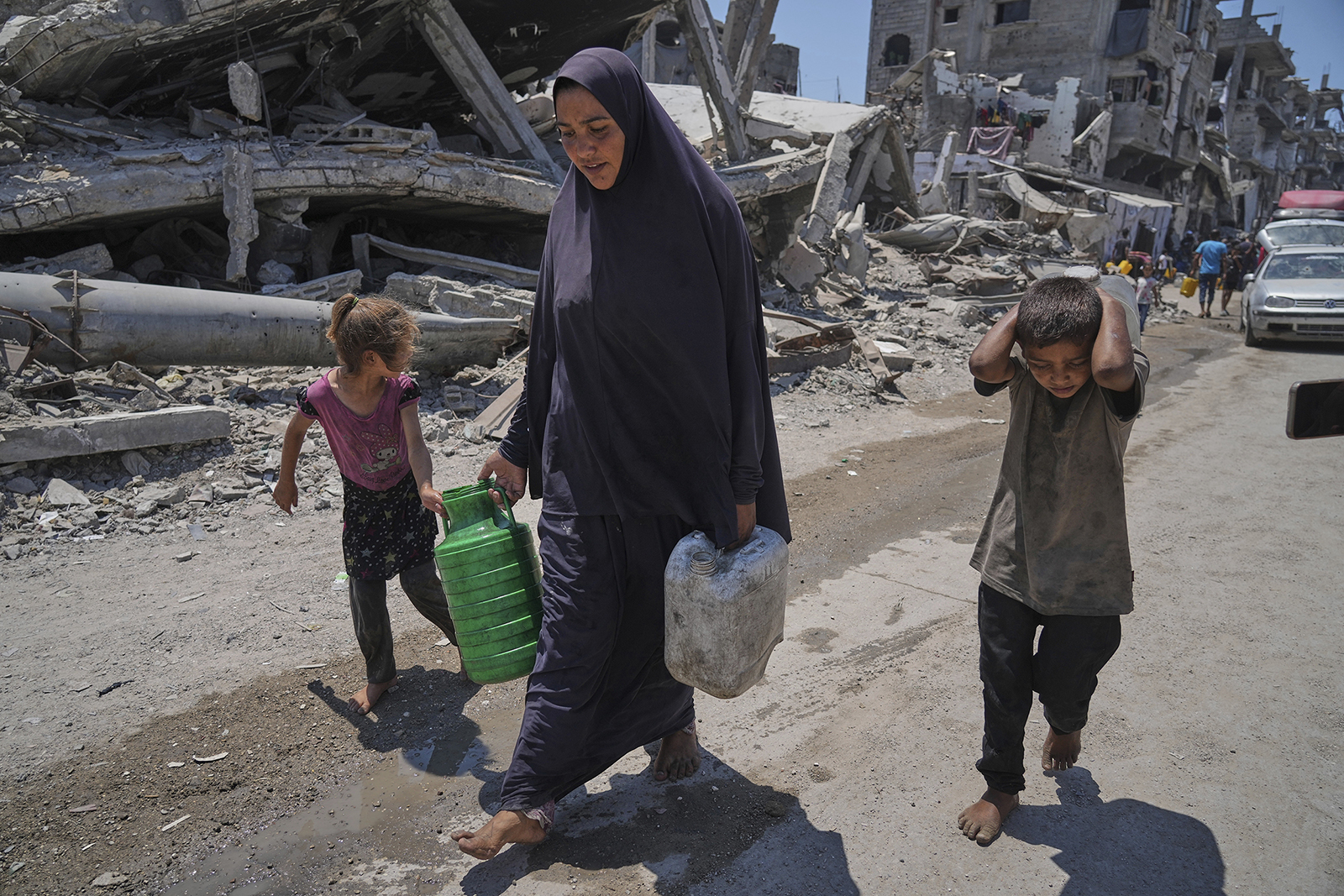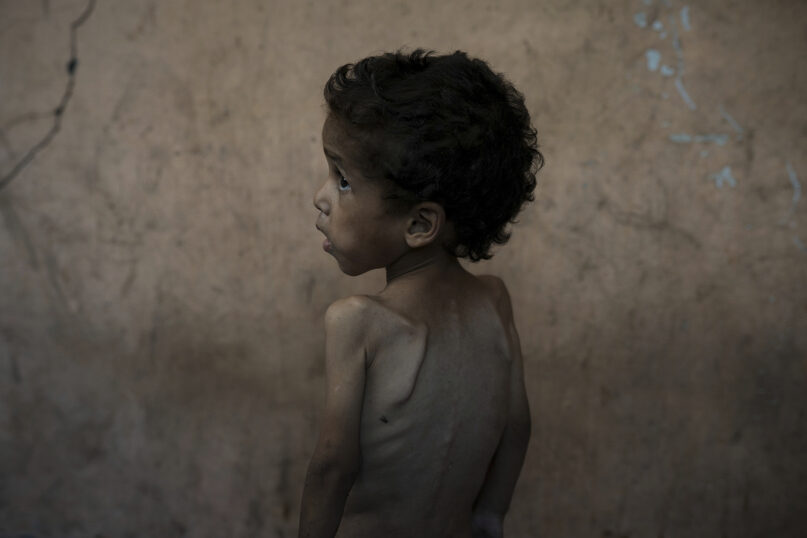
(RNS) — An image helped me see. Fuzzy, tiny, black and white, the picture flickered across the screen of an old television, atop a cart set at the front of the church sanctuary where I was sitting. The video showed a second-trimester abortion taking place, filmed from inside a womb. The image showed a tiny human child, limbs flailing, slowly dying.
That was the moment I became pro-life. I wanted to help end such dying.
Helping save lives from abortion seemed so simple: Each abortion decision is determined by a single individual. Persuading that person to change her mind changes the outcome. It’s not a foolproof plan, of course — not everyone is persuadable — but it can work, especially when you are open to learning what help is needed for a person to choose life. We can provide information about other options, resources, health care, child care, support networks, help and hope. All these are in near-infinite supply — or at least it once seemed to me.
I, along with other like-minded folks, did indeed offer these things to countless women, many of whom were persuaded and chose life for their unborn children. I still do.
It seems less simple now.
The help I once thought was readily and unreservedly available is not. And some of those I once thought were willing to provide whatever was necessary in order to preserve precious human life have proved not to be so willing.
To be sure, thousands of pro-life pregnancy resource centers and countless churches across the nation are diligent and persistent in offering life-affirming help and support to parents and their babies. However, this patchwork approach is not enough to overcome collective resistance to a systemic, holistic ethos that values vulnerable human life.
Cuts to Medicaid through the newly signed budget bill, for example, severely threaten hospital and labor delivery units in rural areas that offer few or no other care options for pregnant women. Maternal mortality rates in the United States are on the rise. Since the overturning of Roe v. Wade in 2022, the number of abortions nationwide has gradually increased.
Indeed, on the day the U.S. Supreme Court issued that ruling, I wrote an essay in support of expanding government support for abortion-vulnerable women. However, when I agreed with a similar sentiment posted on social media, I was called “wicked” and “sinful,” accused of promoting socialism, of “endorsing theft” and of violating the eighth and 10th commandments. Complaints were made to my employer. And one person boldly declared, “Man is sinful and will keep having abortions no matter what others do to ‘help them.’” Most, if not all, of these comments (and more) came from people within my church denomination — a community I had worked with in the pro-life movement for decades. I didn’t know so many didn’t want to help.
I have now left that community. Their words made me see that not all who claim to value human life value it enough to support real change.
In recent days, as news outlets are flooded with images of emaciated children in Gaza wasting away, starving to death because of the lack of food coming into the war-torn area, I am reminded of that first image of a delicate, fragile fetal child that made me pro-life so long ago. I want all these dying children to live.
But I recognize now what I once did not see: that the collective will to save these precious lives may not exist. I know some, many, seek to do all that is within our power to save them. Yet, we have such little power.
So we look to those who supposedly do have that power. But it is not enough. These world and national leaders lack the will.

Yazan Abu Ful, a 2-year-old malnourished boy, stands shirtless for a photo at his family’s home in the Shati refugee camp in Gaza City, July 23, 2025. In Gaza, malnutrition is often worsened by preexisting conditions and compounded by illnesses linked to inadequate health care and poor sanitation, largely the result of the ongoing war. (AP Photo/Jehad Alshrafi)
Part of the modern condition is living with an individualist mindset that struggles to understand the pervasive power of underlying structures and systems that direct and propel us collectively. I might have the power as an individual to persuade a pregnant woman not to have an abortion — whether by offering kindness, material resources, shelter or other support. But all the circumstances that led to her conditions and that influence her ultimate decision are infinite, each component on its own capable of being a catalyst in the butterfly effect.
The butterfly effect is a concept used in chaos theory to explain “how a tiny change in the initial stages of a system can cause huge, non-linear consequences elsewhere over time.” Mathematician Edward Norton Lorenz coined the phrase when explaining the theory through a metaphor whereby the flap of a butterfly’s wing in one place in the world could, weeks later, cause a tornado someplace far away.
In the case of war and its countless innocent casualties, the situation is even more complicated. We as individuals feel, rightly, even more helpless to make a difference. I can’t bring food to those starving in Gaza. Nor can you. And nor, apparently, can (or will) the people, organizations and governments assigned that task. Even the experts are at a loss for whom to blame and whom to hold accountable.
In “War and Peace,” an apt text for these times, Leo Tolstoy rejects the “great man” account of history. History, Tolstoy shows, does not turn on the actions of any one person, but rather is the result of innumerable, even unnoticed, collective actions, desires and motivations of people that roll into currents that gather people into a tide that will rise and recede and become our history.
If, as Tolstoy sees it, history is not made by great heroic figures, then it is not great, heroic figures on whom we can count to save us — or to save the dying children. Perhaps, rather than looking to “great men,” we must, as Jesus told us, become ourselves like little children so that he can save us. Perhaps, like butterflies, we who have the will must simply keep gently flapping our wings until, from that flapping, the winds shift and lift and scatter across the world seeds that will bring forth the fruit needed to sustain life.
It still won’t be enough. But we can die trying.
